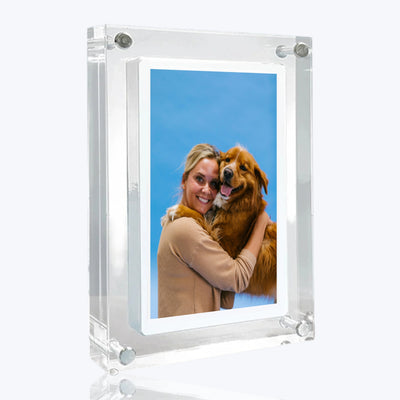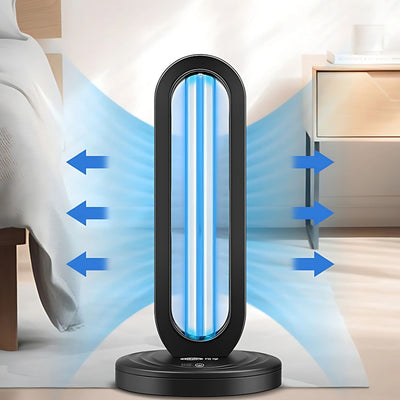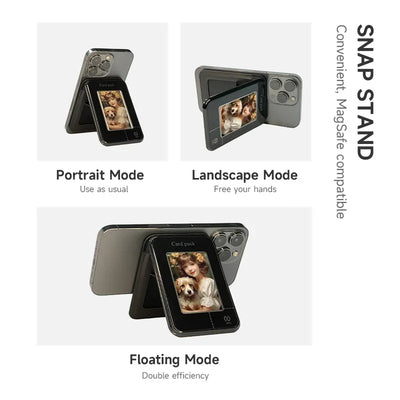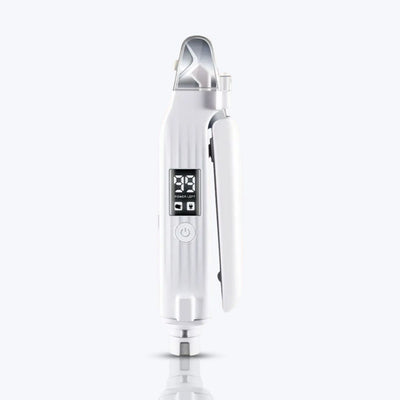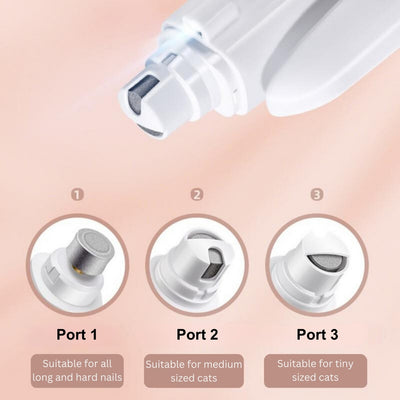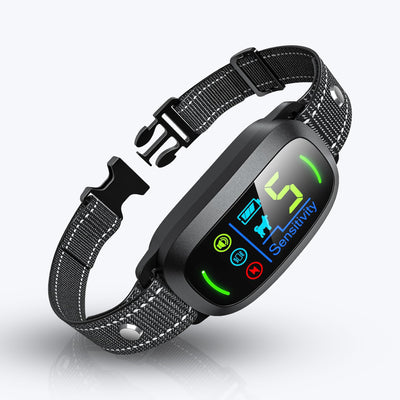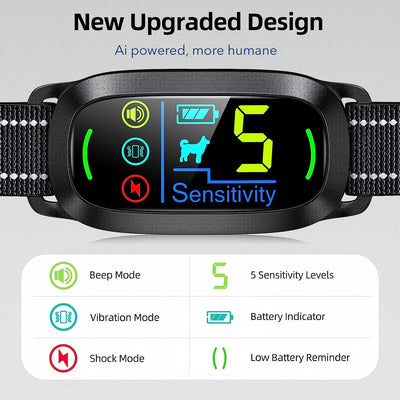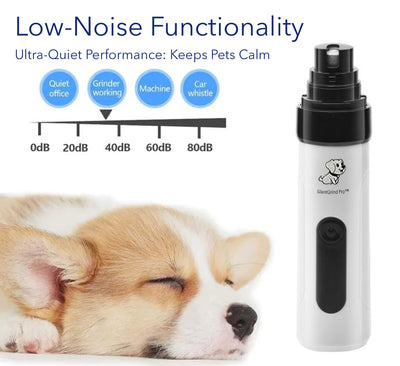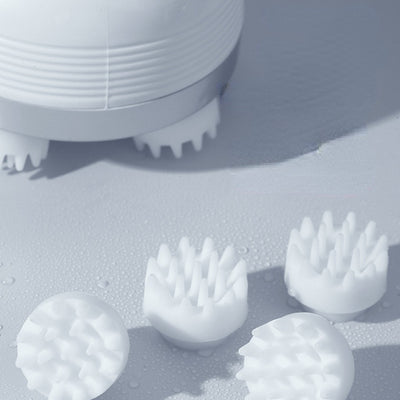When your dog shows no interest in eating, initiating a brief fasting period followed by a gentle, bland diet might be beneficial. Dogs often lose their appetite when they're unwell, and if symptoms include vomiting and diarrhea, giving their stomach a rest with a 12-hour fast can help, as long as they stay hydrated. If your dog isn't drinking water during this time, it's crucial to consult your veterinarian.
Introducing small, frequent meals may encourage your dog to eat. Hand-feeding or elevating their bowl can also make the meal more appealing due to the personal touch.
A simple, bland diet is usually best for dogs feeling under the weather. Here are some top choices:
-
Plain Oatmeal: Preparing plain rolled oats with water can be soothing for dogs. Oatmeal is rich in fiber, which aids in managing diarrhea, and it's packed with B vitamins.

-
Unseasoned Mashed Potatoes: Another bland yet palatable option for dogs. Avoid adding butter, milk, or seasonings.

-
Canned Mackerel: Its strong odor may entice dogs, particularly if they have respiratory issues affecting their sense of smell.

-
Canned Cat Food: While not a long-term dietary solution, the pungent smell and taste of cat food can be very appealing. Ensure it's suitable for your dog, especially if there's a history of pancreatitis, by consulting your vet.

-
Boiled Chicken and Rice: This combination is often irresistible to dogs who are feeling sick. Prepare the chicken without any additives like butter or spices to keep it easy to digest.

Sometimes, a sick dog may approach their food only to sniff and walk away, possibly due to nausea or a reduced ability to smell. If you suspect your dog is nauseous, consult your veterinarian for appropriate medications. Signs like drooling and changes in facial expressions can indicate nausea.
For dogs with respiratory infections, keep their noses clear with warm compresses to remove any crusts. Enhancing the palatability of their food by warming it or adding aromatic toppings like low-sodium broth or tuna water can also be helpful, aiding both in enticing them to eat and improving their hydration.
If these strategies fail and your dog hasn't eaten within 24 hours or has skipped two meals, it's time to speak with your veterinarian. They can help determine the underlying cause and may prescribe an appetite stimulant if necessary.


